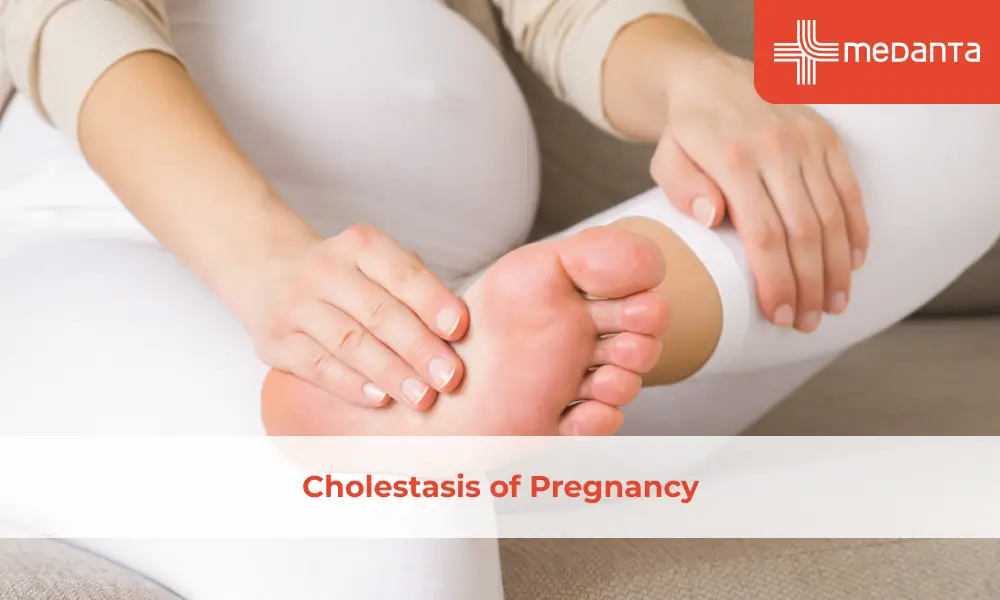You Shouldn’t Travel While Pregnant

Travelling while pregnant can be safe with proper planning, but there are additional hazards and difficulties to be aware of. Certain infections, which can harm the unborn child as well, can put pregnant women at a higher risk of contracting them and/or suffering serious problems.
Your travel arrangements should be discussed with a healthcare professional, ideally six weeks before your departure, or at a travel health clinic.
Before Travel
Check the policies of the airlines or cruise operators for pregnant women before making your travel or cruise reservations. Depending on the airline you are traveling, you can fly up to 36 weeks of pregnancy. You might require a note from your doctor stating that you are okay to travel if you want to take a cruise after 24-28 weeks of pregnancy.
At least a month before your scheduled trip, make sure to consult your doctor or a travel health expert. They can assist you in locating vaccinations, medications, and information unique to your visit. Your healthcare practitioner will be able to offer more focused advice and recommendations if you talk to them about your schedule and planned activities as well as any health issues.
Be prepared for anything
It is crucial to prepare as much as you can for unforeseen circumstances. By doing this, you can acquire access to high-quality medical care or prevent getting trapped somewhere. Getting travel insurance and knowing where to find healthcare while travelling are a couple of the preparations you may make for unforeseen circumstances.
Make sure that pregnancy and neonatal issues are covered by your health insurance when travelling. If not, purchase travel health insurance that includes those things. Also, think about purchasing medical evacuation insurance.
Recognize the warning signs and symptoms like unusual swelling, severe headaches, nausea and vomiting, visual abnormalities, pelvic or abdominal pain, bleeding, contractions, and dehydration.
Make a travel medicine kit. In addition to the items advised for all travellers, pregnant travellers may want to pack prescription medications, haemorrhoid cream, antiemetic medications, antacids, prenatal vitamins, medication for vaginitis or yeast infection, and support hose.
Flying in pregnancy
Flying won't hurt you or your unborn child, but if you have any health issues or complications with your pregnancy, consult your doctor before you go.
Some airlines won't allow you to fly as your pregnancy nears its finish because the likelihood of going into labour increases naturally after 37 weeks (or roughly 32 weeks if you're carrying twins). Find out the airline's position on this by contacting them.
The airline may need a letter from your doctor or midwife after week 28 of pregnancy confirming your due date and stating that you are not in danger of difficulties.
There is a slight risk of deep vein thrombosis (DVT), which can result in blood clots, while travelling a long distance (more than 4 hours). Drink plenty of water and get up about every 30 minutes or so if you're flying. The pharmacy may sell you a pair of graduated compression or support stockings that will lessen leg swelling.
Car travel during pregnancy
Long trips need to be avoided if you're expecting. If it's unavoidable, make sure to stop frequently so you can stretch and get some fresh air.
When you're not driving, you can also work out in the car by flexing and twisting your feet and moving your toes around. The blood flow to your legs will be preserved, reducing any stiffness and soreness. Additionally, using compression stockings for lengthy (4+ hour) automobile trips can improve blood flow to the legs and reduce the risk of blood clots.
Pregnancy is often accompanied by fatigue and lightheadedness, so it's crucial to stay hydrated and consume natural energy-boosting foods like fruit and nuts while travelling by automobile.
To keep the air circulating in the car, wear your seatbelt with the cross strap between your breasts and the lap strap crossing your bump rather than across it.
Car accidents are one of the most common causes of injuries among pregnant women.Avoid travelling alone if the distance is great.
Be cautious when taking any type of medication, especially those prescribed to treat traveller's diarrhoea.






